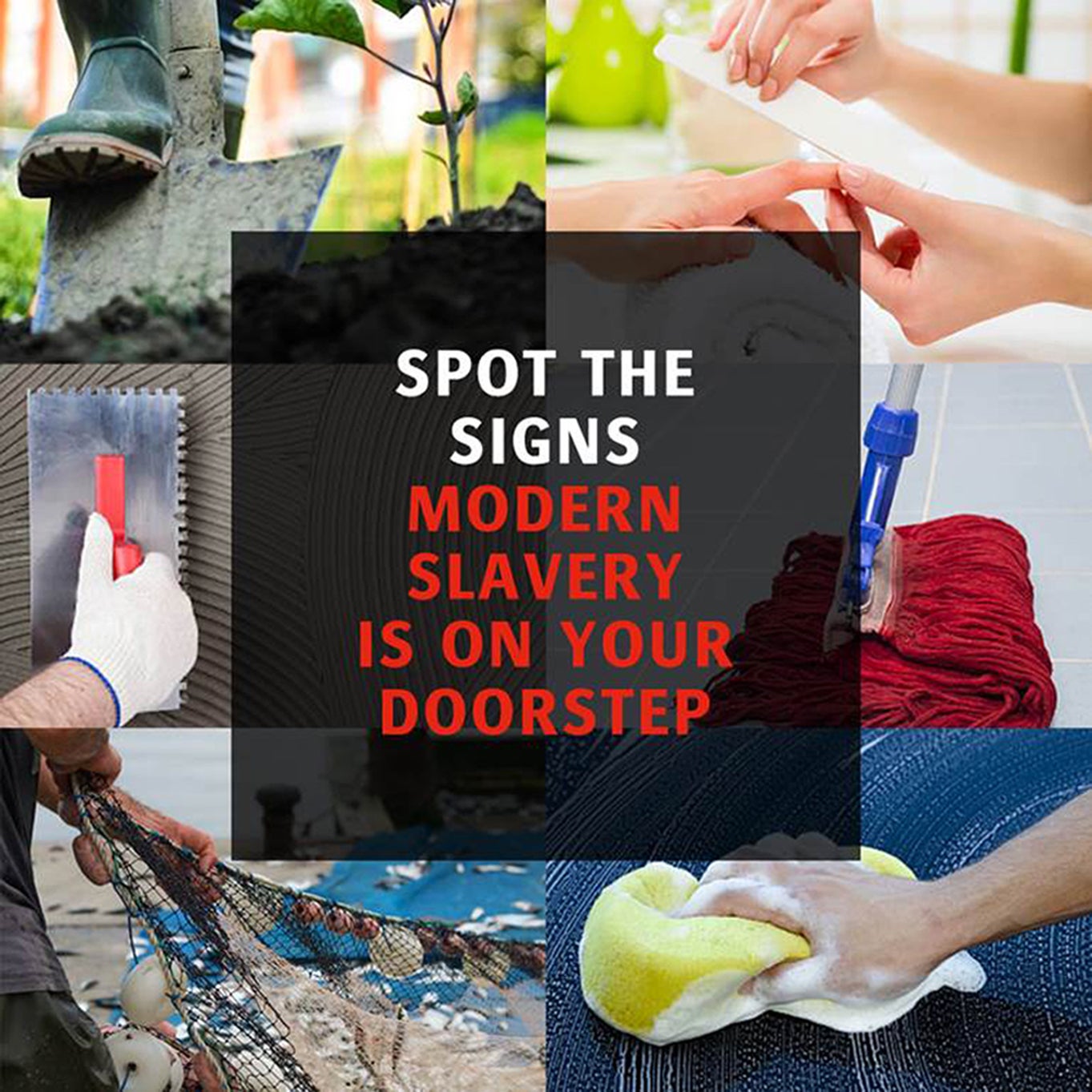Record number of suspected modern slavery victims in UK
The figures have been rising each year.

Your support helps us to tell the story
From reproductive rights to climate change to Big Tech, The Independent is on the ground when the story is developing. Whether it's investigating the financials of Elon Musk's pro-Trump PAC or producing our latest documentary, 'The A Word', which shines a light on the American women fighting for reproductive rights, we know how important it is to parse out the facts from the messaging.
At such a critical moment in US history, we need reporters on the ground. Your donation allows us to keep sending journalists to speak to both sides of the story.
The Independent is trusted by Americans across the entire political spectrum. And unlike many other quality news outlets, we choose not to lock Americans out of our reporting and analysis with paywalls. We believe quality journalism should be available to everyone, paid for by those who can afford it.
Your support makes all the difference.The number of suspected modern slavery victims in the UK has risen to its highest level in more than a decade, figures show.
Some 12,727 potential victims of trafficking, slavery and forced labour were identified last year, up 20% compared with 10,601 in 2020 and 10,611 in 2019, according to Home Office data.
The figures have been rising each year, apart from a slight dip in 2020 at the height of the coronavirus pandemic, and are now the highest since records began in 2009, when the number was 552.
The data published on Thursday looked at the number of potential victims of modern slavery who were identified and referred for support under the national referral mechanism (NRM).
A rise in the number of cases relating to county lines drug gangs, a trend which began in 2020 and continued into the following year, is thought to be in part behind the increase in referrals over the possible criminal exploitation of children, according to the report.
In 2021, 2,053 referrals were documented as relating to county lines gangs – a 23% increase from the previous year. This accounted for 16% of all referrals received in the year, the majority of which were for boys.
More than half of people referred (58%; 7,434) claimed they were exploited in the UK, and 31% (3,883) said it had taken place overseas.
Most were male (77%; 9,790), while 23% (2,923) were female. Some 43% of referrals (5,468) were for children.
According to the figures, 31% of people referred were UK nationals (3,952) with Albanians (20%; 2,511) and Vietnamese (8%; 991) being the second and third most common nationalities.
To access support and have recognition of their circumstances in the UK, victims of slavery and human trafficking have to be assessed under the NRM.
This determines whether, on the balance of probabilities, they have “reasonable grounds” for statutory access to medical, psychological and legal support – meaning they are considered potential victims.
They are then assessed again and, if considered to be a confirmed victim, given a “positive conclusive grounds” decision.
As of January 7 2022, the majority of referrals (80%; 10,214) made last year are still awaiting a final decision on their status as a “result of the current time taken to make conclusive grounds decisions”.
The Home Office also received reports of 3,190 potential adult modern slavery victims under the Duty to Notify (DtN) process – a 47% rise on 2020 (2,175). This is where authorities – like Border Force, immigration authorities and the police – must report suspected victims who do not consent to being referred under the NRM.
Campaign group After Exploitation, which tracks modern slavery data, described this rise as a “worrying trend” and suggested more people identified as potentially eligible for support are “now even less willing to engage with authorities” than before as it called on the Government to address its concerns.